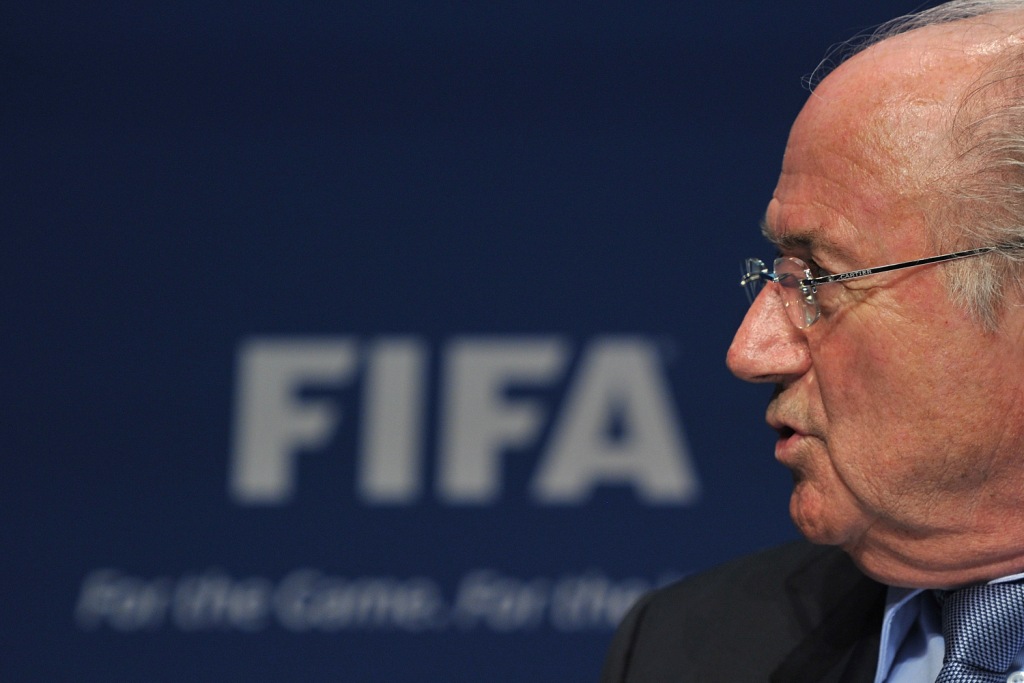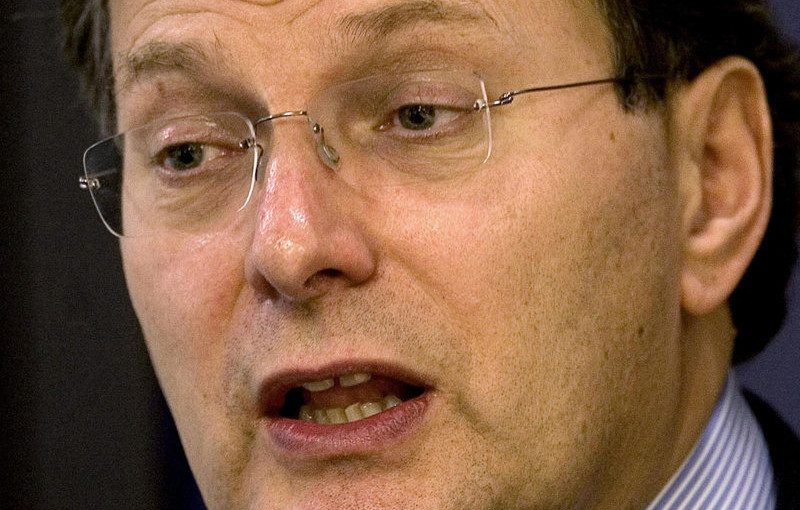By Andrew Warshaw
March 16 – The voting process that led to Russia and Qatar being selected as hosts for the 2018 and 2022 World Cups has again come under the spotlight, this time as part of FIFA’s own anti-corruption reform programme.
Lord Goldsmith (pictured), a member of the Independent Governance Committee (IGC) set up by the world governing body, has expressed his concern at the credibility of FIFA’s inquiry into allegations of vote-rigging.
The Committee, chaired by the Swiss academic Mark Pieth, is due to present its initial findings to the FIFA Executive Committee at the end of this month ahead of being formally laid before all member nations at the FIFA Congress in Budapest in May.
Goldsmith said the committee had already concluded that FIFA’s handling of the events surrounding the joint World Cup bidding contests was “unsatisfactory”.
He told the BBC: “We have spent a lot time looking at the allegations of past misconduct including the World Cup host selections.
“We have looked closely at the way allegations regarding those World Cup host selections have been dealt with and we have not been satisfied with the level of investigation which has taken place.
“We are concerned about two things – we need a system in place for the future with much stronger controls in a number of different areas.
“But we also need structures that will give people confidence in FIFA.
“And in order to do that it’s necessary to understand what may have gone wrong in the past.
“FIFA is not just a family of football or a regulator for the game.
“It’s a multi-billion dollar business which makes huge sums of money.”

FIFA President Sepp Blatter, as the sole candidate, was elected for a further four-year term in June despite efforts by English Football Association chairman David Bernstein to postpone the vote amid a storm of corruption claims.
Goldsmith revealed the IGC had come up with a list of recommendations for the Executive Committee.
“I hope that it will be approved before then being passed to the FIFA Congress,” he said.
In 2010, FIFA banned two members of its Executive Committee over claims they sought favours in return for their 2018 World Cup votes.
An email sent by FIFA secretary general Jérôme Valcke, suggesting that Qatar had “bought” the 2022 World Cup, was also leaked.
Valcke subsequently issued a clarification strongly denying he had implied bribery, saying he meant that the Gulf state had “used its financial muscle” to lobby support.
Further bribery allegations followed, culminating in the life ban imposed on Asian football chief Mohamed Bin Hammam and the resignation of FIFA vice-president Jack Warner.
Contact the writer of this story at zib.l1741641989labto1741641989ofdlr1741641989owedi1741641989sni@w1741641989ahsra1741641989w.wer1741641989dna1741641989
Related stories
January 2012: “The gangsters must not escape punishment” says man brought in to clean up FIFA
January 2012: Blatter’s reform programme is self-seeking, says investigative journalist trio
December 2011: Former British Attorney General appointed to FIFA Governance Committee
December 2011: Blatter’s FIFA reforms face early setback
November 2011: Pieth calls for shorter terms and tougher screening of FIFA’s inner sanctum

